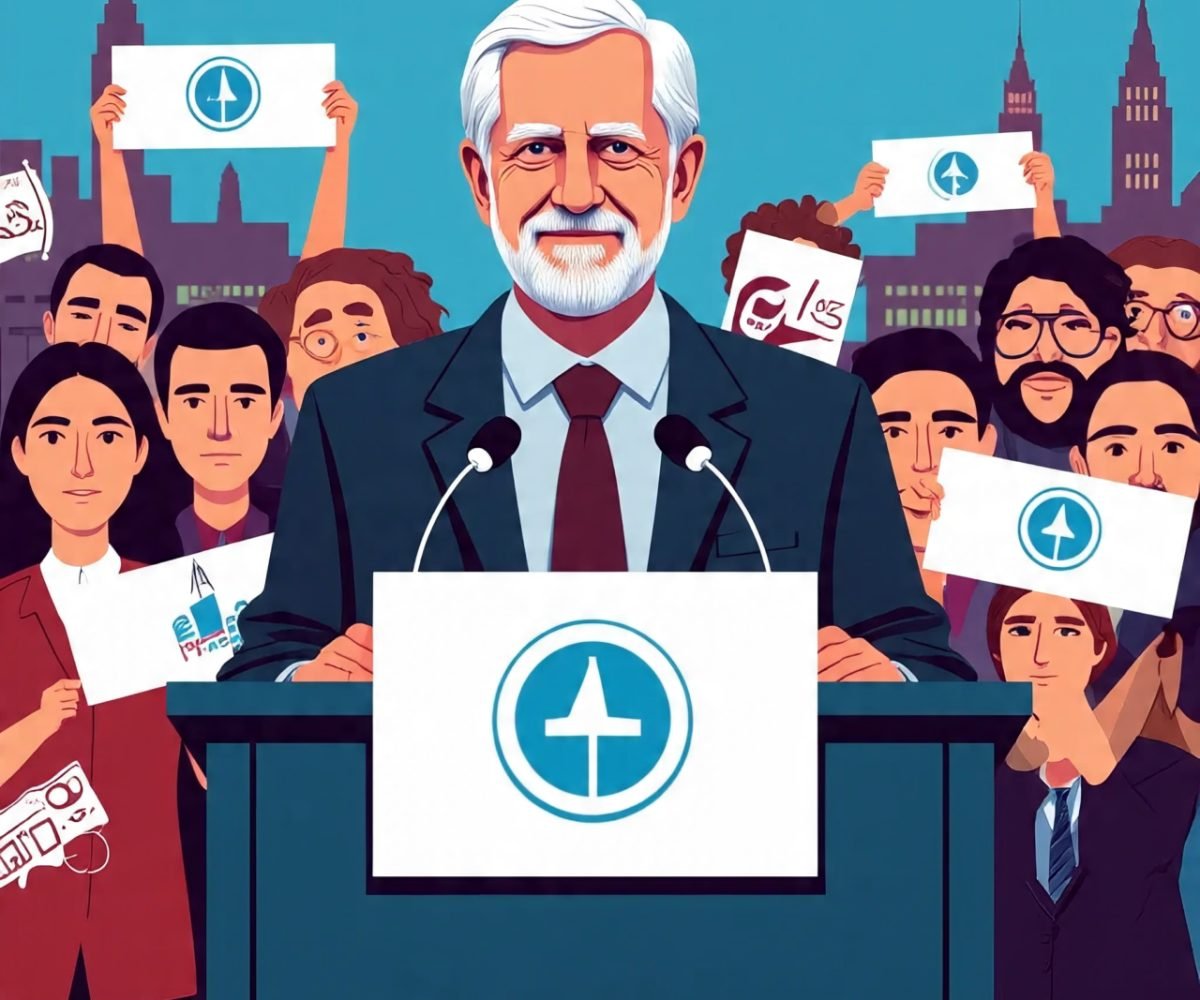Teach us politics better so we can vote more confidently.

Teenagers Support Lower Voting Age—But Call for Better Political Education
Greater Manchester, UK – The UK government’s recent decision to extend voting rights to 16 and 17-year-olds has received strong backing from teenagers across Greater Manchester. However, many say that lowering the voting age must be accompanied by neutral and thorough political education to ensure young people are equipped to make informed decisions.
The announcement by the Labour government means that 16 and 17-year-olds will now be eligible to vote in the next general election, marking a significant shift in British electoral policy.
“A Natural Step Toward Responsibility”
Samir, Bury’s elected representative to the UK Youth Parliament, welcomed the move. He highlighted that teenagers are already trusted with major responsibilities, such as joining the military, paying taxes, and driving, by the age of 17.
“It’s only fair that we get to vote for the people who decide how the money from our taxes is spent,” he said.
Samir added that improved political education in schools could help more teenagers engage meaningfully with the democratic process and influence decisions that affect their futures.
More Inclusion, More Representation
Zain, another 17-year-old from Bury with a keen interest in politics, echoed the sentiment. He argued that if young people are trusted to work and contribute financially to society, they should also be allowed to have a say in how that money is used.
Zain also noted the move could shift political priorities across the board. “Political parties will need to start taking young voters seriously,” he said, suggesting that youth-inclusive policies might become more common as a result.
Missed Voices, Missed Votes
For Amelia, also from Bury, the timing of the change brings mixed feelings. She was 16 during the last election and felt frustrated at missing out on participating. By the time of the next election, she’ll be nearly 20.
“Involving young people early starts the interest,” she said, suggesting that early participation can spark lifelong civic engagement. She also pointed out that not all adults are politically active—so expecting every teen to be highly informed is unrealistic, but shouldn’t disqualify them.
A Dissenting View
Not all teens are on board. Milton, a 17-year-old from Manchester who’s been politically involved since he was 14, disagrees with lowering the voting age.
He pointed to the legal age of adulthood in the UK being 18—the threshold for buying alcohol, cigarettes, and fireworks—and questioned whether voting should be added to the list of rights below that age.
Milton also voiced concern about external influence, warning that some teens might vote based on the views of parents or internet personalities rather than their own beliefs.
Education Is Key
For Safi, the Youth Parliament representative for Stockport, the policy change is a positive step, but only if it’s supported by robust political education.
“Young people need to feel confident in their vote,” she said. “We can’t give them the vote without preparing them to make informed decisions.”
Safi stressed that education must be delivered in a neutral and consistent way across the country, ensuring all students get access to the tools they need to make their own political judgments.
FAQs
Q1: What has the UK government announced?
The government will allow 16 and 17-year-olds to vote in the next general election.
Q2: Why do young people support this move?
Many feel they already carry adult responsibilities like paying taxes and should have a say in how the country is run.
Q3: What concerns were raised?
Some worry that teens might be vulnerable to outside influence or lack the maturity to vote wisely.
Q4: What’s being demanded alongside the voting change?
Teenagers are calling for neutral political education to help them make informed choices.
Q5: Will this change affect political parties?
Yes. Analysts expect parties to develop more youth-focused policies to attract younger voters.
